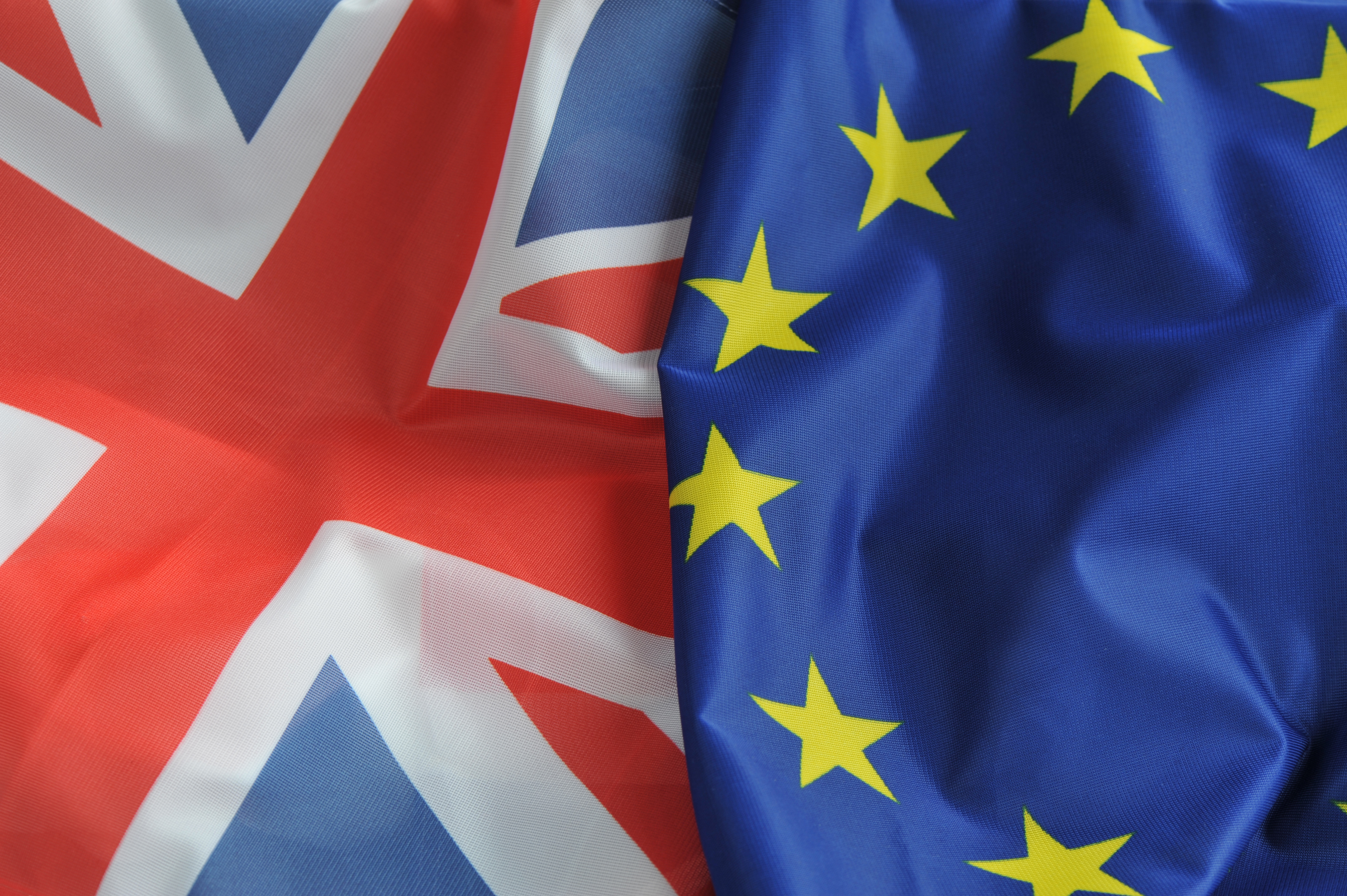At the moment the UK is a member of the Single Market and the Customs Union which enables the free movement of goods without customs controls. The stated position of the government is that at the end of the transition period the UK will leave the Single Market and the Customs Union. This means that whatever the final shape of the Trade Deal between the UK and the EU we can say with a strong degree of certainty that there will be new customs controls and that when doing business with the EU British businesses will need to follow many of the same rules & procedures that they currently apply to trade with the rest of the world.
Therefore when it comes to importing and exporting there are a number of critical steps businesses should be taking in the next 11 months to prepare:
- Prepare for Customs Controls – Be ready to make Import and Export Declarations. You don’t necessarily need to complete the application yourself, this can be done by your freight forwarder or customs broker, but you should understand the process and have resources in place to make sure the declarations are completed correctly.
- Prepare for Import VAT – This will have to be accounted for at import into the UK. And remember that if you export this will also be an issue for your EU customers that they will have to account for at their end.
- Review your Incoterms – International Commercial Terms will become more important for businesses that trade with the EU. Brexit will bring new responsibilities and costs for importers and exporters. It is critical to identify who is taking responsibility for what. Many EU companies are already contacting their UK suppliers to request terms that are more favourable to them.
- Analyse Your Supply Chain and Understand Rules of Origin – Any free trade agreement between the UK and the EU will be governed by rules of origin. This means you can’t put any product in a box and ship it to the EU under the Free Trade Agreement. You will have to demonstrate that the goods substantially originate in the UK and meet specific rules of origin. Companies will need to analyse their supply chain and find out where their products and components originate.
The Chamber of Commerce will be running A Business Brexit Briefing on 26th February Find Out More to update companies and further events throughout the year as new information becomes available.
HMRC Grant Funding available for training - Businesses that complete customs declarations now or will do post-Brexit have until 31 January 2021, or earlier if funding is fully allocated. Find Out More
James Ahearne, International Trade Hub Manager, CWCC




























